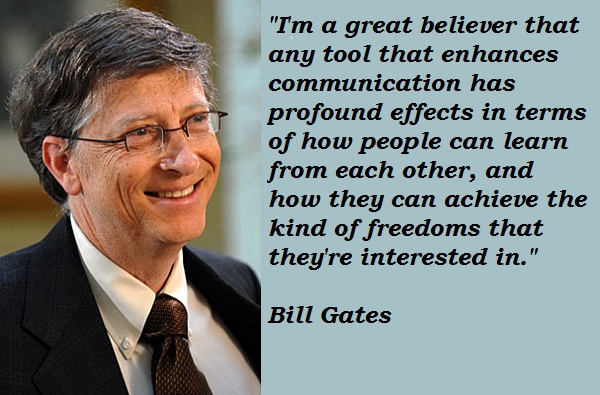This page is continued from Getting Started >>>> Civil Law Self-Help >>>> The Civil Proceedings:
********************
The initial phase of a civil proceedings is called the process. [1] In a broad sense, the term process is used to describe all of the acts of a court from the beginning to the end of an action or proceeding; the means by which the law is applied and carried out.
Process, however, has an additional meaning used to describe the particular phase of a proceeding: it is the means of compelling a defendant to appear in court in a civil case, such as a summons, a writ, or a warrant. [2]
Step-by-Step:
Click the title of each of the following links to learn important details. Forms are included. To begin a civil lawsuit in federal court:
Terms to Know:
burden of pleading – a party’s duty to plead a matter in order for that matter to be heard in a lawsuit. — aka
burden of allegation.
due process – the conduct of legal proceedings according to established rules, forms, and principles for the protection and enforcement of private rights, including notice and the right to a fair hearing before a tribunal with the power to decide the case.
- procedural due process – a regular course of justice, which is not unreasonable or arbitrary, with minimal requirements of notice and a hearing especially if the deprivation of a significant life, liberty, or property interest may occur, in pursuance of an effective remedy secured by the law and the state.
abuse of process – improper, intentional, tortious use of civil or criminal process to obtain a result that is either unlawful or beyond the purpose for which such process was designed. — aka abuse of legal process; malicious abuse of process; malicious abuse of legal process; wrongful process; wrongful process of law.
Special thanks to Quotesta for preserving the above quote by Bill Gates that we’re utilizing in accordance with Fair Use.
References:
Disclaimer: All material throughout this website is pertinent to people everywhere, and is being utilized in accordance with Fair Use.
[2]: Ballantine’s Law Dictionary Legal Assistant Edition by Jack Ballantine (James Arthur 1871-1949). Doctored by Jack G. Handler, J.D. © 1994 Delmar by Thomson Learning. ISBN 0-8273-4874-6.
[3]: 1 Joseph Chitty, A Practical Treatise on the Criminal Law 338 (2d ed. 1826)
[4]: 72 C.J.S. Process 5 2, at 589 (1987).
[1]: United States Courts, Federal Rules of Civil Procedure (2017): www.uscourts.gov/rules-policies/current-rules-practice-procedure/federal-rules-civil-procedure
[2]: Black’s Law Dictionary Deluxe Tenth Edition by Henry Campbell Black & Editor in Chief Bryan A. Garner. ISBN: 978-0-314-62130-6
[3]: Edwin E. Bryant’s The Law of Pleading Under the Codes of Civil Procedure 106 (2nd Ed. 1899) ISBN: 9781330614815
